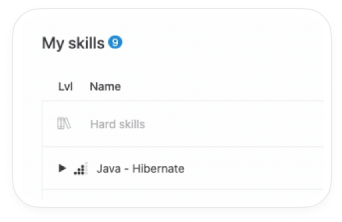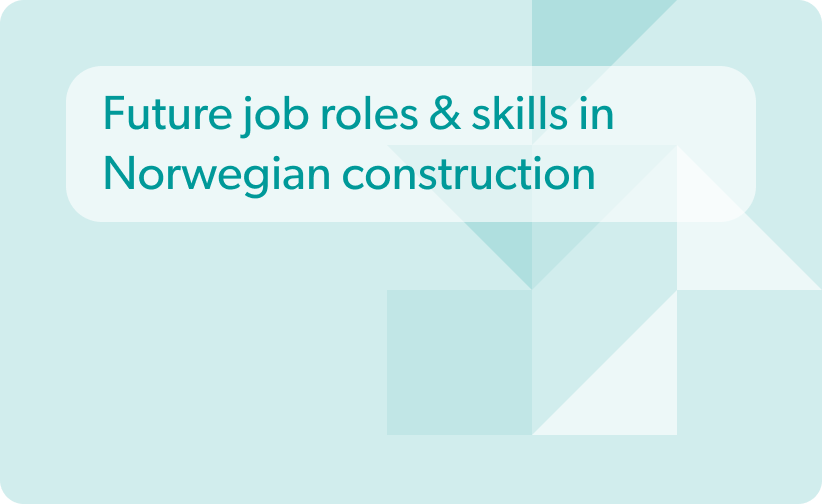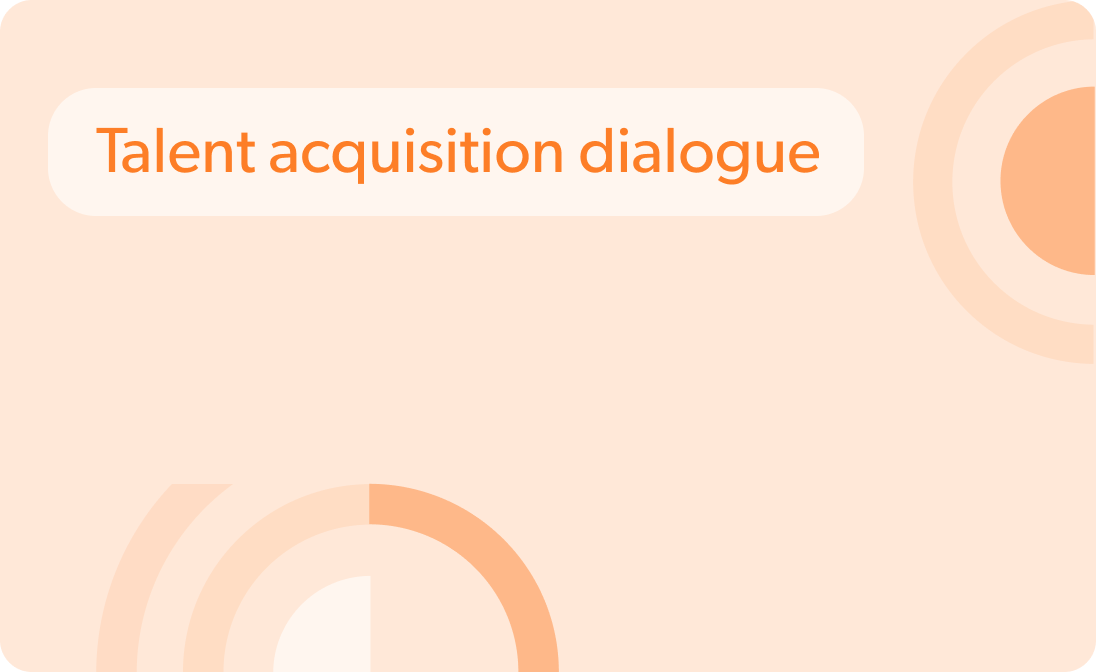Setting the foundation for leadership skill standards
People have wondered about the types of leadership skills ever since there have been leaders – likely, since the start of human history. People have continuously tried to determine what are some leadership skills that differentiate rookie leaders from successful ones. Was it the communication skills of John King that made British Airways a profitable business? Was it the idea of digital transformation introduced by Jorgen Vig Knudstorp that saved LEGO from the brink of disaster? Or was it a combination of leadership skills that they had in common?
Many attributes and abilities are associated with a successful leader. Some are great orators, while others are adept at quietly swaying minds to their side. While the styles may vary, these skills share a common ground. Foundational skills like clear communication skills and empathy can be observed in all great leaders in the past, and those who will come in the future will likely demonstrate them as well: however, they will have evolved. Let’s look at a list of leadership skills and how leaders need to upgrade them in 2022 to match them with the needs of current trends.
Communication skills
In layman’s terms, communication is an action wherein information is transmitted between a sender and a receiver. By keeping their communication effective and purposeful, leaders can keep sight of this often-murky field. The art of these leadership skills includes overcoming the fear of oversharing by being precise, ensuring their message is understood by being transparent and winning the trust of everyone around by being honest in their words. To truly drive the message home, however, leaders need to back it up with substance. After all, all talk and no action will leave little impact on people.
The modern world requires adapting to remote communication. A leader must be able to understand the mood and emotions of a listener without actually being present in the same room. While it may be easier for some to communicate face to face with a colleague or subordinate than in a chat or Skype call, according to the Future of Jobs report, 2020 by the World Economic Forum, 84% of employers are facing a substantial increase in remote work.
That means that leaders today will have to pay more attention to detail and identify emotional tension, burnout symptoms, or any potential conflict situation when the teams are working remotely from different parts of the world. Future leadership skills include mastering intonations, semantic expressions, and honing one’s empathy.
Active learning culture
In the past, formal education, the right degree, years of experience, and a few promotions were all needed for career progression. However, everything changed in 1998. That was the year that Google launched, and the world of e-learning came into being. Since then, many began to teach themselves the skills necessary to tackle any situation that may present itself. This process facilitated insight and promoted self-discovery in both personal and professional life.
The transformation further led leaders to be more aware of the components comprising practical leadership skills. The concept of a modern-day hierarchy banished the theoretical leadership positions that existed. Modern leaders now know that leadership is more than budgeting, attending meetings, and scheduling calls. Future leaders will have to adopt an active learning culture to find a way out of challenging and unexpected situations, no matter how difficult they seem. Their skills will need to be like an ax which will need to be sharpened time and time again to keep functional.
Emotional Intelligence
Howard Schultz, the former CEO at Starbucks, showed his love for his team by providing enormous health benefits to Starbucks employees. Alan Mulally, former President and Chief Executive Officer at the Ford Motor Company sent hand-written notes to his employees appreciating their work. These essential leadership skills show a significant positive relationship between emotional intelligence and the professional performance of such leaders. History is full of examples of leaders whose interpersonal and intrapersonal skills have best served their companies and people.
So, what exactly is emotional intelligence, or EI? Simply put, it is the ability to understand and control your emotions and those of the people who work around you. It’s no surprise that leaders who can calmly assess a situation and guide their people are more successful than those that shout at their team when they are under stress. The increase in competition, quality of information, and work dispersed across remote locations mean that future leaders must be more flexible, creative, and responsive. They will need to set positive examples of leadership skills through their motivation and momentum in complex and challenging situations.
Agile response
The word “Agile” is versatile. What sets agile leaders apart from traditional ones? The dominant traditional leadership model evolved primarily from enforcing stability in a well-known environment. It was rooted in the idea of an organization as a machine that operated through linear planning and control to execute its functions properly. With our current rapidly changing environment, however, from surveying the business ecosystem to embracing uncertain outcomes, leaders who view their organizations as living systems are the only ones who will be able to thrive. This requires an Agile approach.
In this approach, a future leader thrives through breaking monotony through experimentation and upgrading their approaches through continuous improvement. That, however, does not rule out the invariable element of chaos.
Agile leadership skill helps lay down a system and structure that can work well amid evolution. Leaders will need to make the appropriate decisions to embrace the potential change that may otherwise threaten to overwhelm an organization following a linear strategy. The Agile approach of future leaders will have one goal – to quickly execute well-informed decisions where and when the business ecosystem demands it.
Overcoming challenges by investing in the right leadership skills in 2022
Dynamic market shifts. Disrupted global supply chains. Managing remote teams. Re-prioritizing company goals. The ever-changing flows of consumer behavior. These are just a few of the challenges leaders have had to maneuver through in 2021. If the hectic pace of the year revealed anything, it’s that business will not return to normal in 2022. So, what are the future leadership skills that can help leaders prepare for the challenges of 2022?
Embrace digital and technological advancement
The arrival of technological advancements like AI and machine learning is upending traditional modes of work. According to the Worldwide Artificial Intelligence Spending Guide from International Data Corporation (IDC) forecasts, global spending on AI systems will jump from $85.3 billion in 2021 to more than $204 billion in 2025.
Thanks to the new widgets and programs, you can now improve the recruitment process, automate mind-numbing mundane tasks, and allow your team to focus on more meaningful work. What’s more, as remote work, hybrid workplaces, and work-from-anywhere arrangements evolve, leadership skills that do not prosper alongside these new technologies will lag behind those that do.
Identifying the right talent and building their skills
While the turbulent year of 2021 caused a great deal of consternation for some, it also, at the same time, brought in a substantial competitive advantage for flexible leaders. The whole world seemed to be available for hire, and diversity within organizations reached its highest point. As a leader, asynchronous hiring will now play a lead role in beating back biases and stereotypes – even unconscious ones. Employers will now have the opportunity to hire the right candidate from around the globe by using simple tools and some uncomplicated (yet innovative) methods.
Data-driven strategies for growth
The reason that leaders are encouraged to lean on data to make their decisions is simple. As simple as” You can’t argue with facts.” Data-driven strategies will help to strengthen your case on why a specific decision makes sense instead of simply relying on authority or instinct.
But remember…
As an aspiring leader, your most significant asset will always be your people. Aligning your HR objectives, culture, and budget will play a vital role in the culture. HRForecast can be a helping hand for all of your company’s people-related needs. HRForecast can provide you with the opportunity to predict how the future workforce will look to mentor and develop suitable candidates who have the leadership skills needed. Right from the start.
Stay up to date with our newsletter
Every month, we’ll send you a curated newsletter with our updates and the latest industry news.


























 info@hrforecast.de
info@hrforecast.de
 +49 89 215384810
+49 89 215384810






